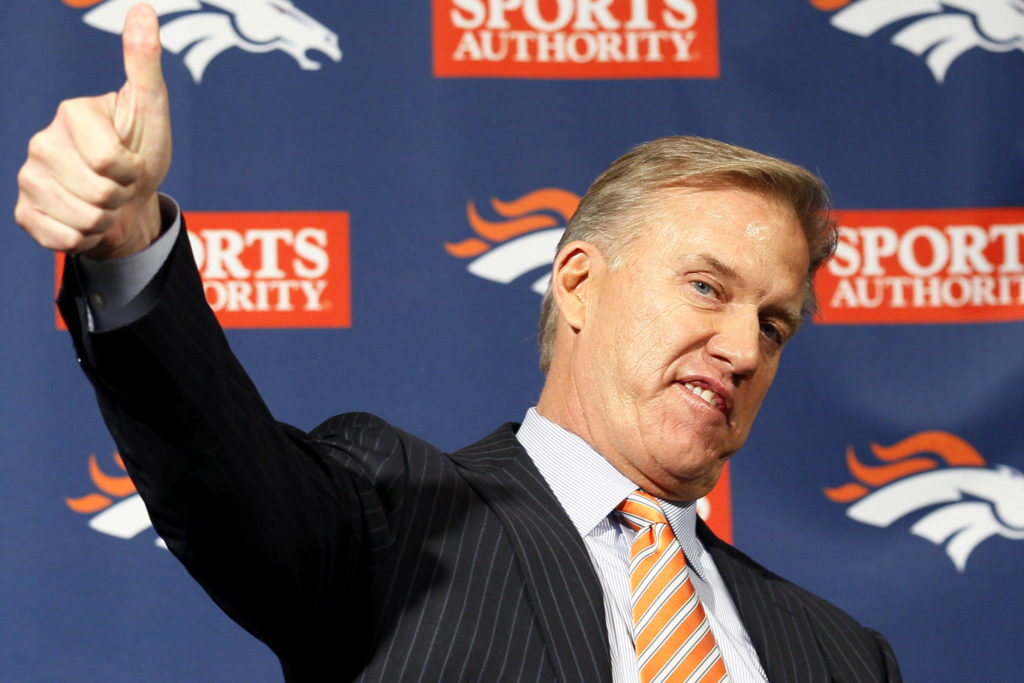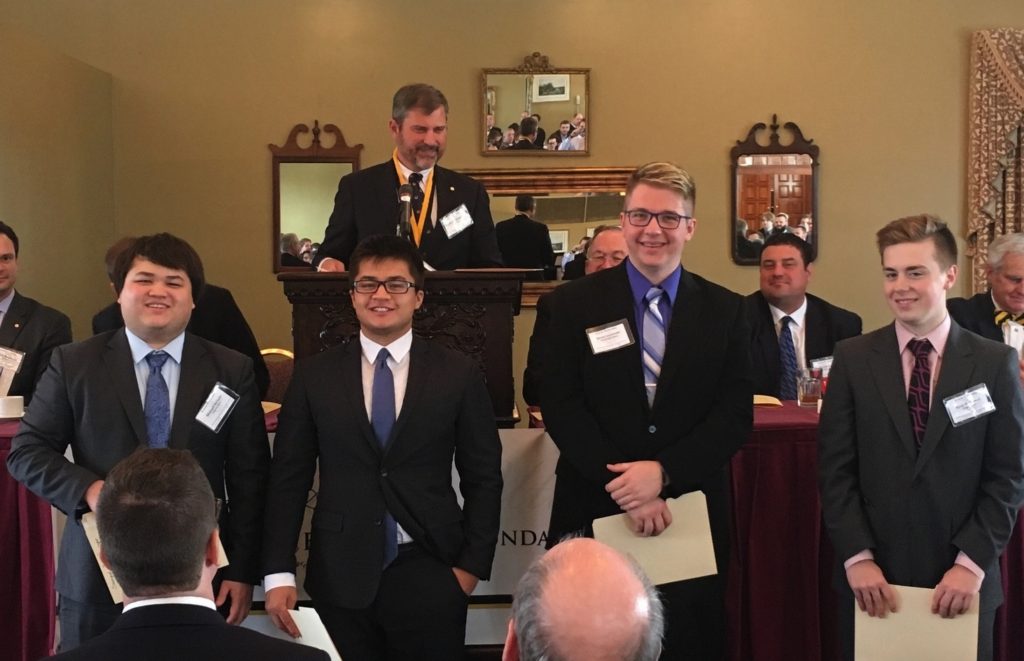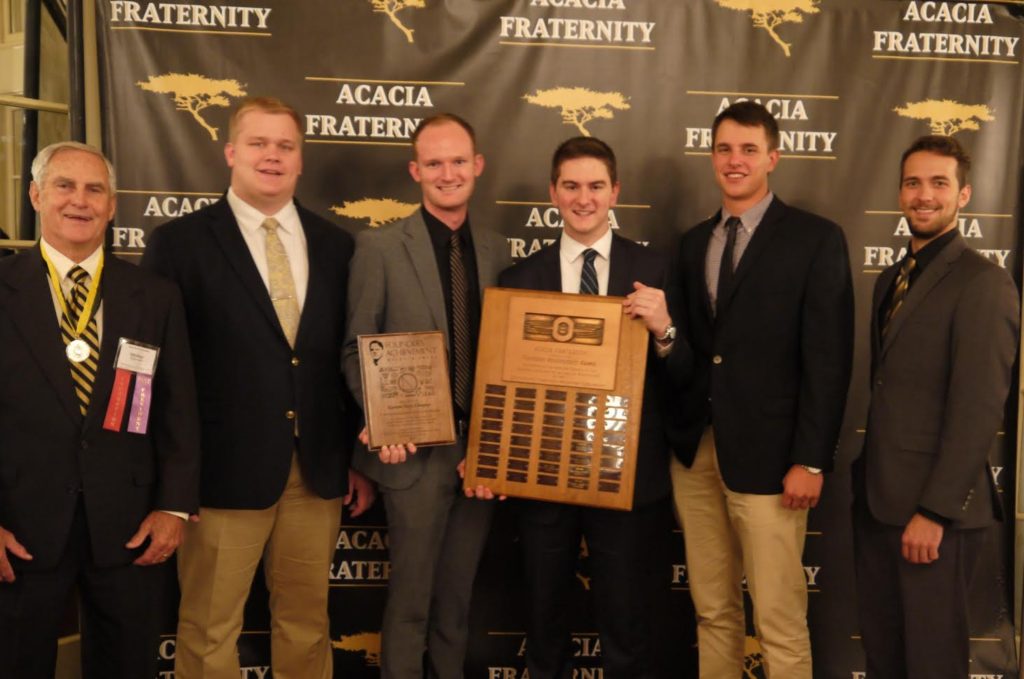As bad as Elway wanted Manning in Denver, he knew it was ultimately Manning’s decision. Elway told Sports Illustrated (SI) in 2012, “I put myself in Peyton’s shoes. No pressure. Don’t give the hard sell. Let the organization speak for itself. I told him that as much as I wanted him to play for the Broncos, I knew it would be stupid if we forced him and it wasn’t a good fit. That’s how I’d feel.”
Elway’s entire recruitment of Peyton Manning consisted of two things: letting the organization speak for itself and the confidence in the relationship he had built with Manning. It was Elway’s second year as Executive Vice President of Football Operations and General Manager and he was confident in the organization he had helped to build so far, and even more confident in what the organization was to become.
What we can take away from Elway’s recruitment process of Manning is quite simple. Let the organization speak for itself, and focus on building that relationship with potential new members.
Letting the organization speak for itself means recruitment starts well before meeting a potential new member. Recruitment is year round. Everything the chapter does, positively or negatively, impacts how the chapter is viewed when it comes to recruiting potential new members. Ensure the chapter is excelling in areas which allow for the organization’s record to speak for itself, and the members can focus on developing positive relationships with potential new members.
In terms of developing the relationship, this is the key emphasis to recruitment. People don’t join organizations; people join people. Manning’s top four choices were the Cardinals, the 49ers, the Titans, and the Denver Broncos, who all did a great job at developing a relationship with Manning. SI’s Peter King’s wrote about Manning’s free agency courtship in April of 2012 in a piece titled “Peyton Manning’s Long Game.” In the article, King takes a look at why several teams were, or were not, on Manning’s list. King writes:
Look at the teams that fell short, and you see familiar faces. Manning’s dad, Archie, played with Munchak (Tennessee’s head coach at the time) late in his career in Houston. Cardinals coach Ken Whisenhunt is a golfing buddy of Manning’s and once coached Peyton at the Pro Bowl. Harbaugh (49ers’ head coach at the time) preceded Manning as quarterback in Indianapolis. The point men for all were former players.
Look at the teams that wanted in but were cut out. Kansas City: Manning knows G.M. Scott Pioli but isn’t close to anyone there. Seattle: no strong relationships. The Jets and Miami: ditto. Washington was a little different because Manning knows and respects Mike Shanahan, but the draft deal with the Rams ended that.
The key driving factor to Manning deciding on what team to join came down to one thing: the relationships he built with members of the organization. In fact, Manning talked about how he wish he would not have gotten so close to Head Coaches Munchak and Harbaugh because of how hard it made his decision. When Elway was asked why he thought Manning picked Denver, his response explained the Broncos recruitment philosophy: “I really don’t know,” Elway told SI. “I never asked him. I never asked him who was in it or where we ranked. I just know if I was in his shoes, I’d know how I’d want to be treated. And that’s how I tried to treat Peyton.”
The key factor for a quality Potential New Member will be the exact same thing: the relationships they develop with members of the chapter and the members’ ability to put themselves in the shoes of the one being recruited.






